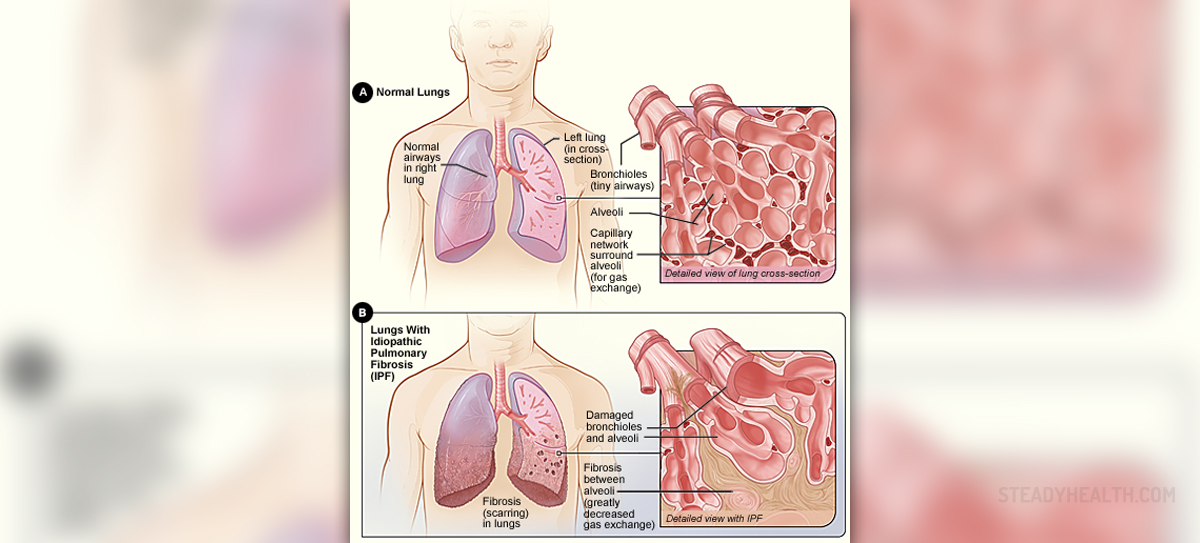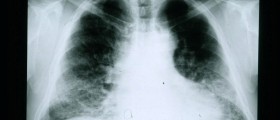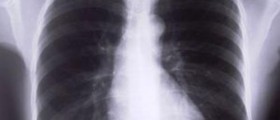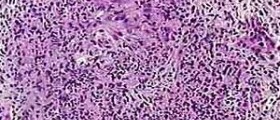
Idiopathic pulmonary fibrosis (IPF) is a condition in which the lungs start to scar and thicken without an apparent reason. IPF is more often than not difficult to diagnose, while at the same time it progresses rather quickly. Research has shown that once diagnosed with this condition, many people live for another 3 to 6 years, on average. Individuals living with IPF suffer from oxygen deficiency and are unable to breathe normally.
Treatment Options for Idiopathic Pulmonary Fibrosis
At this time, there is no pharmaceutical therapy available to treat idiopathic pulmonary fibrosis, while the scarring can only be taken off with a surgical intervention. At the same time, there are other options to deal with this particular disorder.
For instance, patients suffering from IPF need more oxygen than an average person and therefore have to resort to carrying an oxygen tank around to make sure they don’t run out of breath. Getting oxygen from a tank entails always being aware how much of the gas is left in the tank and avoiding open flames produced by such activities as cigarettes or matches lighting. Similarly, individuals suffering from IPF should engage in regular physical activities as those facilitate breathing because strong muscles consume less oxygen. In addition, getting enough amounts of healthy nutrients is very important for individuals suffering from IPF as many of them lose weight as a result of the illness. Eating healthy helps keep the body strong and immune to various types of both internal and external adverse elements.
Furthermore, there are a few types of medications used to occasionally treat IPF such as corticosteroids, but constant checkups need to be performed in order to make sure the medication shows positive effects. The primary purpose of corticosteroids is to fight the inflammation in the lungs as well as to stop any further scarring. It is unclear, nevertheless, how much of corticosteroids should be prescribed as well as for how long a person should take them, as the research is yielding ambiguous results.
Other drugs commonly used to treat IPF are colchicines and cytotoxics, but many experts agree that the effects of these medications are limited and that more research in necessary in order to come up with adequate solutions. In the case of cytotoxics, they are used to treat individuals who are for whatever reason unable to take corticosteroids due to their side effects, or another medical condition that conflicts with them. There haven’t been many clinical trials testing the results of cytotoxics, but those that have been done show encouraging data. In addition, there are a couple of other types of medications that are used once in a while, but with no better outcome than the corticosteroids or cytotoxics. In any case, the point of the pharmaceutical treatment is to decrease the inflammation in the lungs, the primary adverse element in the IPF from which all subsequent problems follow. However, no drug is able to put an end to the inflammation process once it starts in the lungs. Further, there hasn’t been any research showing that the fibrotic process, which is a direct result of inflammation, can be turned around once it begins. Furthermore, one of the most drastic kinds of treatment include a lung transplant for those whose lives are severely endangered by the idiopathic pulmonary fibrosis, however, only about half of those who do receive it live for another 5 years afterwards. Finally, individuals suffering from any kind of lung or respiratory conditions should definitely not be smoking, as the smoke defiles the lungs. Moreover, when it comes to predicting the course of IPF, it has been known to escalate to pulmonary hypertension, resulting in subsequent heart failure, so it is crucial to be kept under control for as long as possible.
Alternative Treatments for IPF
All alternative treatments so far have been focusing on doing more pharmaceutical research and producing medications that will be able to treat the idiopathic pulmonary fibrosis. For instance, methotrexate, a medication used for other lung related disorders, is one of alternative options for IPF. In addition, the new approach to therapy is focusing on reducing the effects of fibrosis, as there hasn’t been much success with medications that had the reduction of inflammation as their primary goal.
Prevention of IPF
As with any other debilitating medical condition, preventing idiopathic pulmonary fibrosis depends on the overall lifestyle that a person leads. Those who are predisposed to develop this disorder are likely to do so if they smoke, use drugs, eat unhealthy junk food and do not engage in enough physical activities. Living in an area with high air pollution, for instance, would most likely trigger the onset of idiopathic pulmonary fibrosis. Other than trying to live a healthy, balanced, stress free life, there are no other ways to prevent the development of IPF.

















Your thoughts on this
Loading...